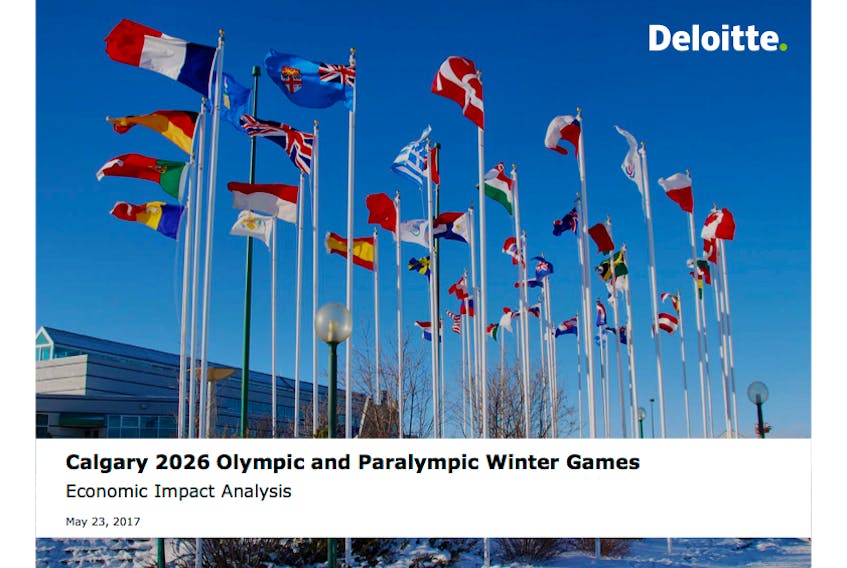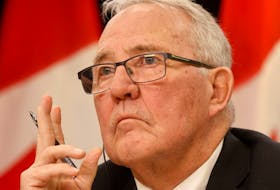
As the medals pile up, you know the call is going to come.
Canada is doing well in this Winter Olympics, and you know, sooner or later, the breathless musings of “Wouldn’t be amazing if we could repeat it in Canada?” are going to ring out loud.
The year in question is 2026. The 2022 Winter Olympics is set for that hotbed of winter athleticism — Beijing, China — but 2026 is still open, and Calgary is in the running.
We shouldn’t be running towards it. We should be running away.
I admit I might be the wrong person to be saying this. After all, the number of South Korean Olympic events I have watched at this point numbers precisely zero.
The older I get — and you can practically carbon-date me by my reference to the practically stone-age beginning of ABC’s “Wide World of Sports,” which began with the slogan “The thrill of victory and the agony of defeat” — the less I actually care about the thrill of victory and the more I empathize with the agony of defeat. You can prepare extensively, and get food poisoning or a virus on the day you were skiing for gold. Likewise, you can run up against a hugely well-organized, state-sponsored doping program, as winter athletes did at Sochi.
The line between being a top-ranked Olympic athlete and a contender is extremely small.
But onwards to Calgary — or more to the point, not onwards to Calgary.
I’m just going to put my arguments in point form.
• Cost — a series of European cities dropped out of the bid for 2022, primarily because of cost and low public support for spending. Oslo, Norway; Krakow, Poland; Lviv in the Ukraine and Stockholm, Sweden all withdrew bids, causing the International Olympic Committee to cut costs. Innesbruck, Austria has withdrawn from trying to land the 2026 games after a state referendum. The IOC says it has found a way for cities to save $500 million from costs. Great: the Sochi Olympics went wildly over budget, by some estimates costing $51 billion. The Pyeongchang Olympics were to have cost US$7 billion, but are now expected to cost US$13 billion. I can think of better ways to spend that money, even if the current numbers for Calgary’s bid are around $4.6 billion, including reusing sites from the 1988 Calgary games.
• Corruption — Sochi may have been the dirtiest of the recent games when it comes to drug cheating by athletes, but the corruption goes well beyond that — to vote-buying by cash, favours and extravagant trips for IOC delegates.
• The IOC itself. I wrote about these demands by the IOC obtained by a Norwegian newspaper when that country pulled out: “They demand to meet the king prior to the opening ceremony. Afterwards, there shall be a cocktail reception. Drinks shall be paid for by the Royal Palace or the local organizing committee. Separate lanes should be created on all roads where IOC members will travel, which are not to be used by regular people or public transportation. A welcome greeting from the local Olympic boss and the hotel manager should be presented in IOC members’ rooms, along with fruit and cakes of the season. The IOC members should have separate entrances and exits to and from the airport. During the opening and closing ceremonies, a fully stocked bar shall be available. During competition days, wine and beer will do at the stadium lounge.” And, of course, “IOC members shall be greeted with a smile when arriving at their hotel.”
We can’t keep the Olympics in the style to which they have become accustomed.
Let’s not even try.
Russell Wangersky’s column appears in 39 SaltWire newspapers and websites in Atlantic Canada. He can be reached at [email protected] — Twitter: @wangersky.









